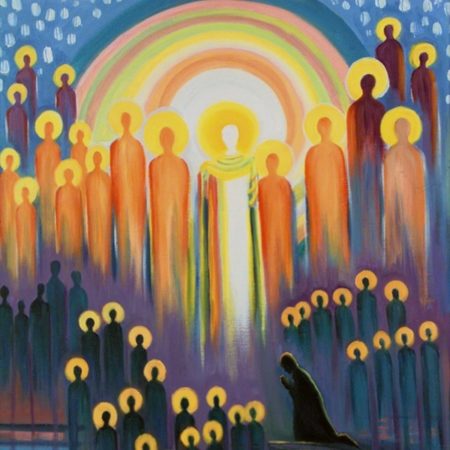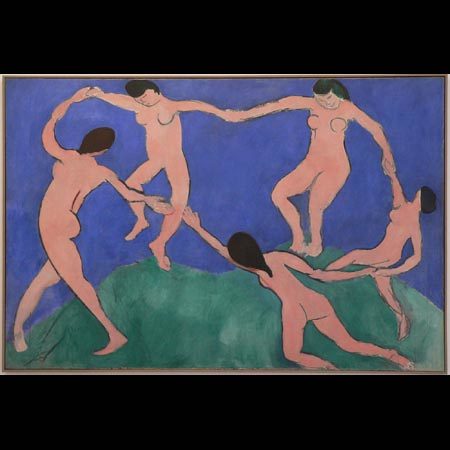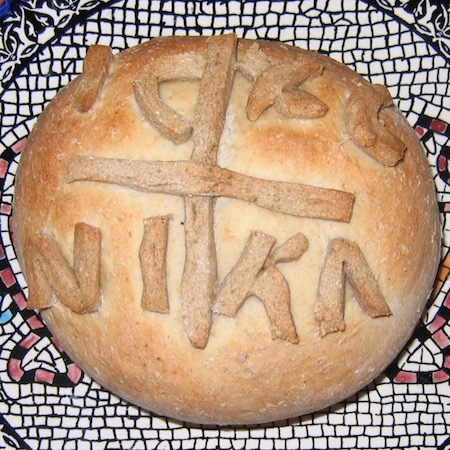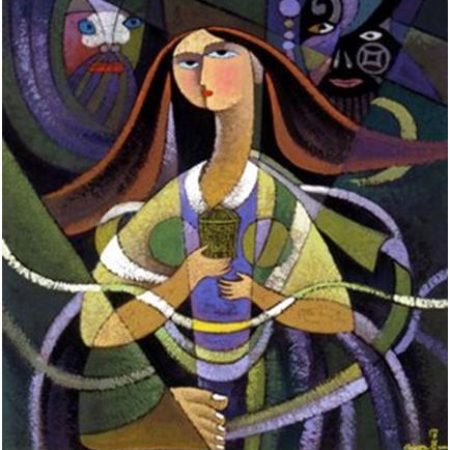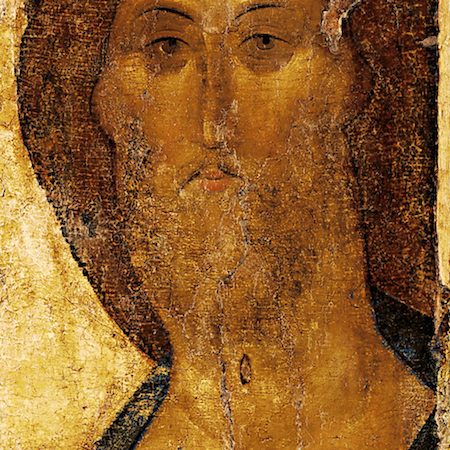Though the experience of grief often feels like an absence of God, it is a deep experience of the heart of God, and is symbolised as such in the brokenness of the Eucharist.
Sermons on Communion
The faithful who have gone before us are held securely in the powerful gracious memory of God, where their love and prayers for us live on until we are united with them in resurrection.
All our dinners are an anticipation of the vision of a new world, where God’s very self dwells with mortals, all are welcomed, and all pain is taken away.
The indiscriminate ways Jesus shared and spoke about food broke the rules of his society and the rules of many churches down to this day.
The doctrine of the Trinity is not a mathematical puzzle, but an invitation to an experience of relationships, sharing in the life and mission of God.
Jesus calls us to unite as his body around his table, and if we come to the table without seeking that unity, we dishonour Jesus.
Jesus shows us that being overly cautious about the boundaries of personal space and touch can, especially in worship, risk excluding, stigmatising and humiliating people.
When we want to know what God is like, our primary source of information is Jesus.
Jesus confronts us with our cannibalistic behaviour in order that we might follow him into a saving communion with God and one another.
With every step we take towards God’s economy, we will become more powerful in our witness to God’s saving action and love for the world, and be filled ever more deeply with God’s good grace.
God approaches us in an eager desire for communion, so our task is not to strive for communion, but simply to open ourselves to receive it.
In the sacraments, Jesus constantly calls us to follow him in giving up conventional notions of honour and offer ourselves for the life of the world.
The crucified and risen Jesus reveals the truth about the triune God’s grace, love and communion, and calls us to reflect those relationships in our communal life.
United with Christ in baptism we cross the threshold from death to life, and in Eucharist we continue to touch the scars which nourish our faith and inspire our worship.
Jesus says to each one of us “I am the new wine. Feed on me”.
Our One God and Father feeds us with one bread so that we might grow up into Christ and be the missional community the Spirit is leading us to become.
The wilderness can seem harsh and threatening, but God is there, ready to nourish us with the bread of heaven.
Christ’s desire to extend hospitality to us, to welcome us at his table, is so great that he will give even his own life to bring us into the experience of his love. This is the pattern for our call to hospitality too.
Jesus invites us to find our communion in the violence done to him instead of in doing violence to others.
When we recognise Christ’s presence in the Eucharistic liturgy, we will bring the sick in search of healing.


